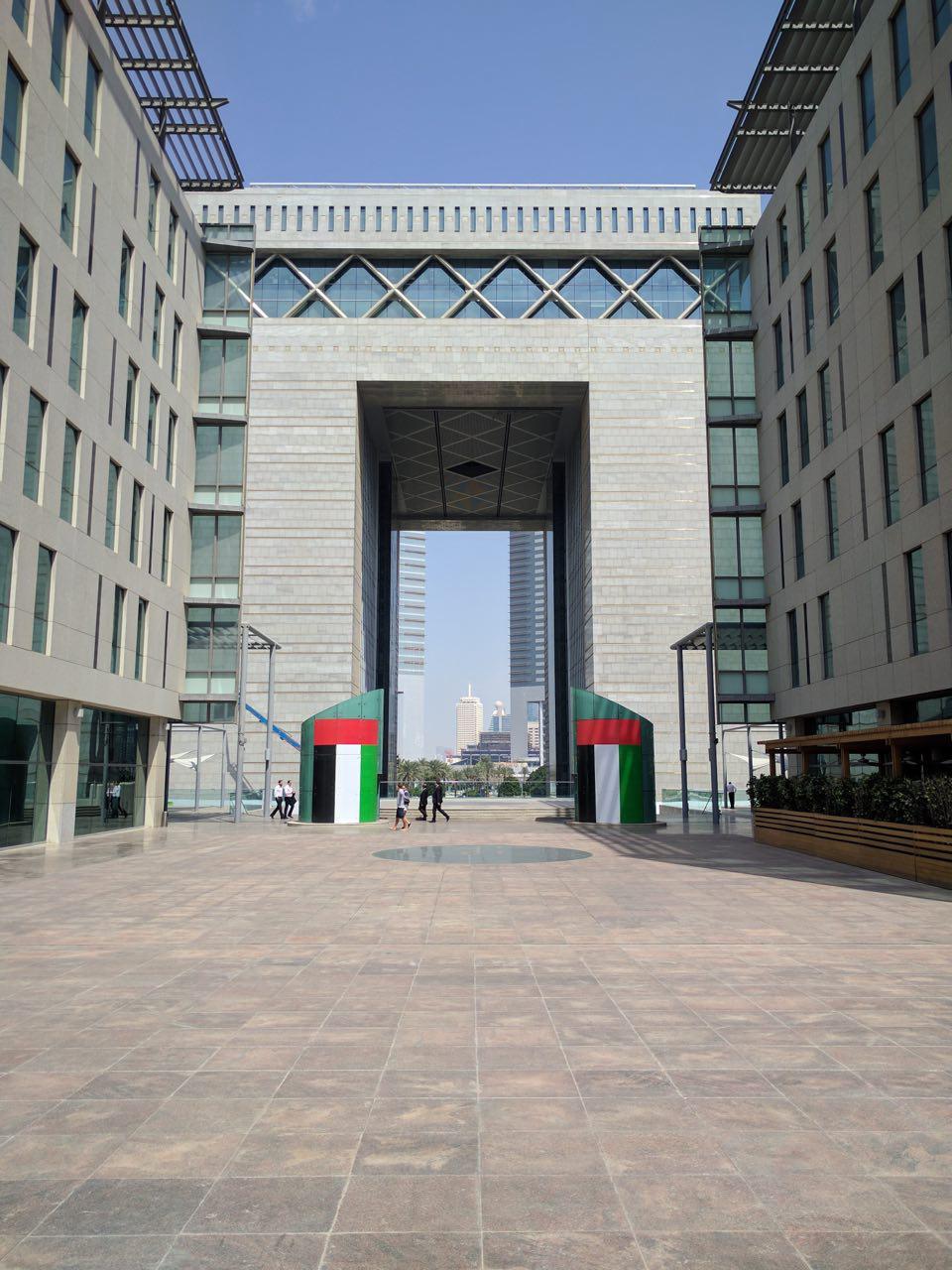President Obama on Sunday signed a new Executive Order freezing all Government of Iran (GOI) and Central Bank of Iran (CBI) assets that come under the jurisdiction of the United States or under the control of U.S. persons as defined in the Executive Order. This decision arises from the National Defense Authorization Act of 2011, which in part seeks to castigate Iran for its nuclear enrichment activities.
How does it work?
Effectively what this Executive Order mandates is the blocking of any “property and interests in property” belonging to any Iranian financial institution or the Government of Iran that comes through the United States or in the possession of any U.S. person (defined therein). “Blocking” essentially means that the property cannot be dealt in, sold, transferred, liquidated, etc.
Does this mean Iranian-Americans can no longer send and receive remittances to or from Iran?
No. Note the General License B in the language of the Executive Order, which enables the processing by U.S. depository institutions of non-commercial family remittances. This is critical, as otherwise even authorized remittances could be blocked. Therefore, transfers such as family gifts, inheritances, and living expenses between the two countries are still permitted, provided you make sure there is no Specially Designated National (i.e., an OFAC sanctioned entity) involved in the transfer, and that the funds clear through a third country, non-Iranian, non-U.S., non sanctioned bank. This is a critical carveout that would otherwise cause the Executive Order to block even family and personal transfers that had previously been allowed. Note, however, U.S. persons still need a specific license from OFAC to liquidate property in Iran, transfer commercial income collected in Iran (such as rental income from personal property there, etc.).
On a related note, it appears that OFAC is stepping up enforcement activities – examining even money transfers outside the formal banking system. Such transactions are of particular interest to most industrialized economies as they fight to combat money laundering. It is increasingly crucial that Iran-related transfers be done not only legally but in a best-practices matter, including the use of suitable documentation aimed at preventing unnecessary funds rejections by the U.S. bank.
